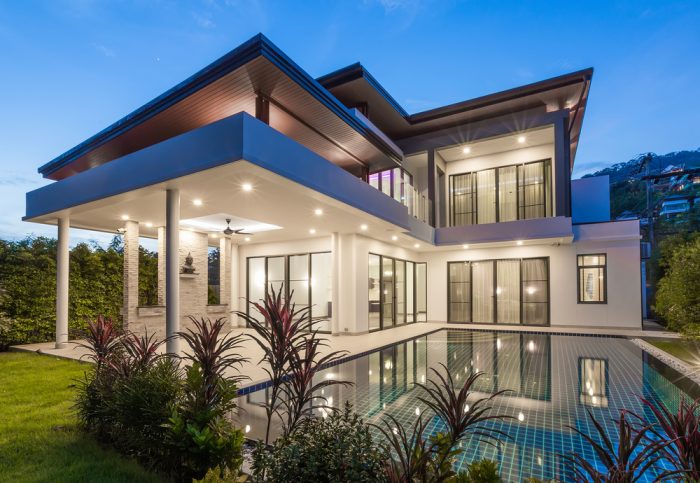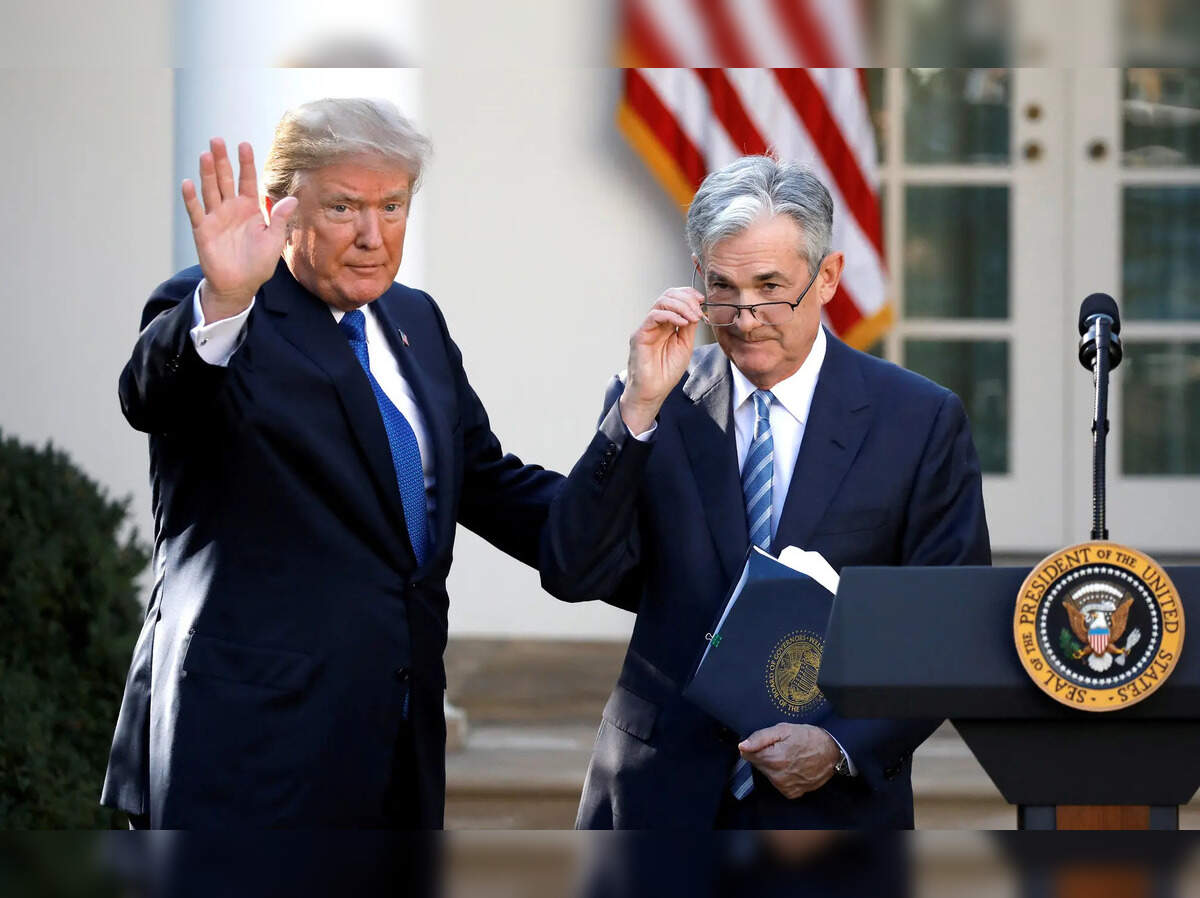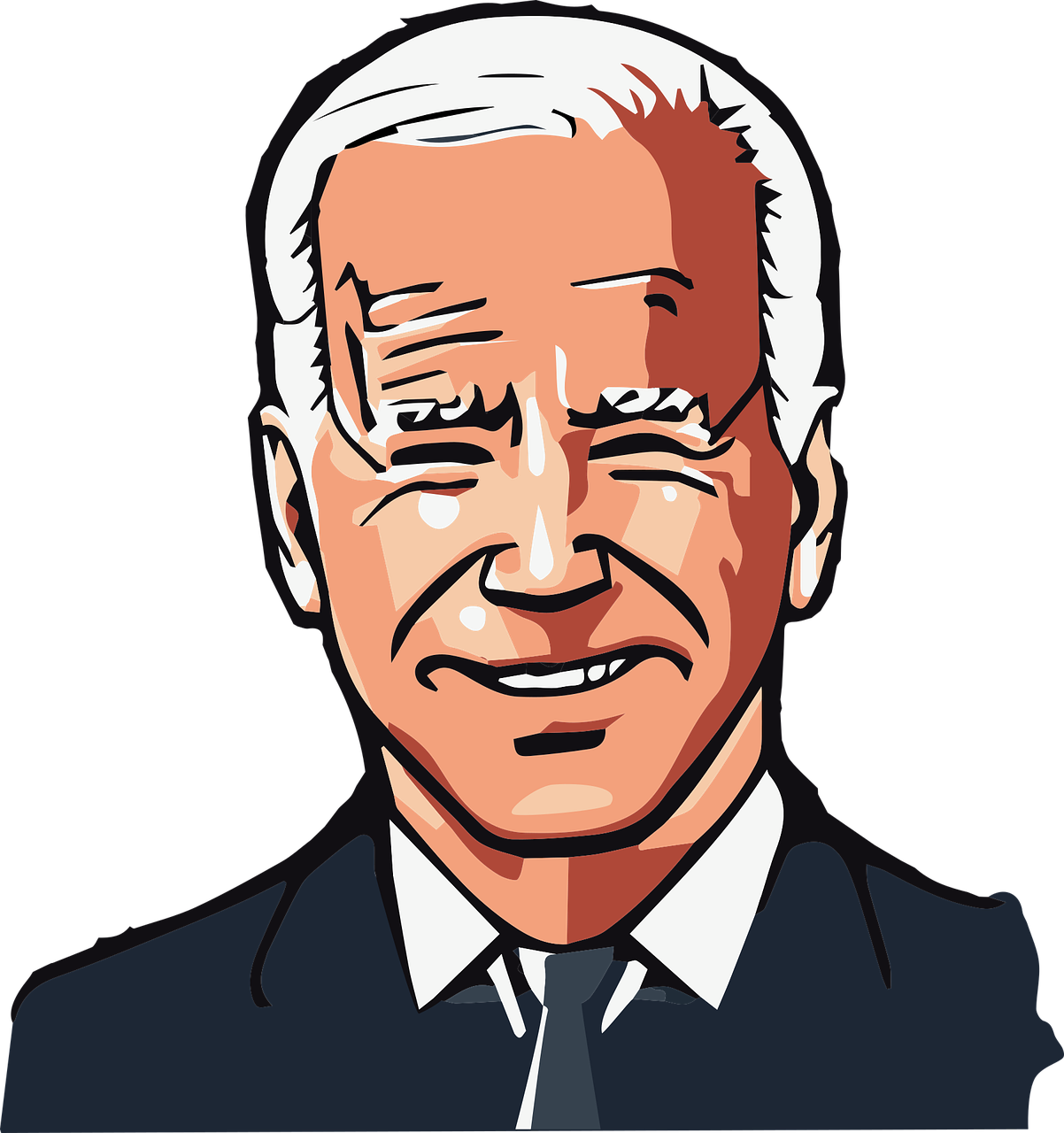In 2025, luxury real estate firms across the U.S. face an intense battle to capture the attention of affluent buyers. Discover the trends, strategies, and market shifts reshaping the ultra-luxury housing landscape and learn how elite brokerages are adapting to serve the wealthy homebuyer of the future.
The 2025 U.S. luxury real-estate market is a fierce battleground where selectivity, exclusivity, and personalization define success. Affluent buyers demand turnkey perfection, wellness-driven design, sustainability, and long-term value. Firms that thrive combine concierge-level service, global networks, and lifestyle-driven storytelling to capture and retain these elite clients.

1. Why the Affluent Buyer Segment Matters More Than Ever
Luxury real estate in 2025 has evolved beyond glossy marketing and marble foyers—it’s about exclusivity, identity, and wealth strategy. For many high-net-worth individuals (HNWIs), luxury property acquisition is an act of legacy building and financial diversification.
According to The Institute for Luxury Home Marketing, the U.S. luxury threshold has risen sharply to around US $1.3 million, compared with roughly $796,000 in 2016.
Today’s affluent buyers are typically entrepreneurs, tech founders, financial executives, and second-generation wealth inheritors. They are not just buying space—they are buying significance.
For real-estate firms, that means every interaction must reflect trust, personalization, and world-class service.
Real-Life Insight
In 2025, a Beverly Hills steel-heir mansion fetched $51.75 million, showing that America’s elite are still willing to pay top dollar for legacy properties with unique provenance.
Key Takeaways
- Luxury real estate equals identity, not just shelter.
- Firms must align financial literacy, privacy, and aesthetics.
- “Luxury” now starts above $1 million in most metros and exceeds $10 million in coastal or prestige zones.
2. What Affluent Buyers Want in 2025
Affluent buyers in 2025 expect homes that mirror their lifestyle philosophies—elegance blended with function, sustainability, and wellness.
Shifting Priorities
- Move-In Readiness:
High-net-worth buyers prefer turnkey residences. Homes requiring renovation see longer days on market due to construction delays and labor shortages. - Smart, Green, and Healthy Design:
Smart-home automation, renewable energy, air and water filtration, and biophilic design dominate affluent wishlists. - Privacy and Security:
Advanced surveillance systems, gated compounds, and secluded layouts are non-negotiable. - Cash Flexibility:
With mortgage rates hovering higher, over 51% of luxury transactions are all-cash in 2025. - Legacy and Heritage Value:
Buyers want real estate that appreciates—not depreciates—both monetarily and culturally.
Real-World Scenario
A Miami brokerage saw 48% growth in high-end sales by combining concierge relocation, tax advisory, and ultra-luxury waterfront marketing.
Quick Summary
- Turnkey, wellness-oriented estates are outperforming new builds.
- Affluent clients pay for craftsmanship, provenance, and ease.
- Sustainability and privacy are deal-deciders.
3. How Luxury Real Estate Firms Are Competing
The fight for the affluent U.S. buyer has transformed luxury real estate firms into experience-driven lifestyle companies. Inventory alone is no longer the differentiator—service and storytelling are.
Strategies Elite Firms Are Using
A. Concierge-Level Service
Private jets for showings, bespoke relocation support, personal chefs for tours—service is now the ultimate differentiator.
B. Global Client Networks
Luxury buyers are international. Firms with cross-border offices, partnerships with private banks, and family-office collaborations win larger shares.
C. Visual Storytelling & Marketing Mastery
Drone cinematography, high-end print media, and immersive AR/VR tours communicate exclusivity better than traditional listings.
D. Expert Advisory Integration
Today’s affluent client expects guidance on tax, wealth transfer, estate structure, and citizenship implications.
E. Hyper-Niche Specialization
Some firms focus only on $10 M+ estates, some on wellness resorts, and others on private coastal enclaves.
Example: Nest Seekers International, which handled a $94 million sale, illustrates how a global luxury brand can dominate across continents.
Market Reality Check
Ultra-luxury homes average 319 days on market, about four times the U.S. median. Patience, precision, and branding are vital.
Pointers Recap
- Build global referral channels.
- Offer concierge + advisory hybrid models.
- Curate fewer, higher-quality listings.
- Invest in visual storytelling.
- Prioritize trust and confidentiality.

4. Top U.S. Luxury Markets Dominating in 2025
The affluent buyer’s heat map is evolving. Traditional hubs thrive, but new luxury corridors are gaining traction.
Prime Hotspots
- New York City (Manhattan): The perennial global wealth magnet.
- Miami & Palm Beach, FL: Waterfront estates, tax advantages, cultural cachet.
- Los Angeles County: Beverly Hills, Bel-Air, Malibu remain trophy zones.
- Aspen, CO: Mountain luxury and privacy allure.
Rising Luxury Corridors
A 2025 LuxuryHomes.com report highlights increased demand in Boise, Idaho; Charleston, SC; and Austin, TX, fueled by remote wealth migration.
Implications for Firms
- Local expertise is now non-negotiable.
- Cultural storytelling matters—each region attracts a distinct persona.
- Tax law fluency can be a decisive competitive advantage.
5. The Core Challenges & Pain Points
For Firms
- Longer Transaction Cycles:
Ultra-luxury homes often take nearly a year to sell, demanding sustained marketing investment. - Inventory Constraints:
Material shortages and regulatory slowdowns keep new supply limited. - Escalating Client Expectations:
Ultra-wealthy clients compare agents to luxury hospitality brands, not other brokers. - Regulatory Complexity:
Cross-border tax implications, FIRPTA compliance, and wealth-origin documentation create friction.
For Buyers
- Quality vs. Price Dilemmas: Buyers are selective; they’ll pay only for justified craftsmanship.
- Liquidity Pressures: Many opt for cash, avoiding high-rate financing.
- Legacy Concerns: Tax and inheritance issues influence purchase decisions.
- Maintenance Burden: Holding costs for estates can exceed $100,000 annually.
Smart Solutions
- Use multi-disciplinary teams (legal, wealth, design).
- Conduct realistic pricing appraisals to avoid prolonged listings.
- Focus marketing on wellness, design, and scarcity.
- Educate clients on macro-economic cycles to time purchases wisely.
6. Actionable Advice for Sellers, Buyers & Firms
A. Luxury Real Estate Firms
- Develop psychographic profiles for affluent buyers.
- Align with private banks and relocation companies.
- Showcase storytelling through video tours and brand collabs.
- Offer white-glove post-sale management.
B. Affluent Buyers
- Define your “why”: investment, residence, or legacy.
- Partner early with financial and legal advisors.
- Prioritize liquidity and speed over leverage.
- Choose regions with long-term tax or migration advantages.
- Calculate true cost of ownership beyond purchase price.
C. Luxury Sellers
- Stage homes to hotel-grade readiness.
- Price realistically within market absorption rates.
- Highlight narrative assets: architecture, designer pedigree, privacy.
- Use firms with proven ultra-luxury deal records.
7. FAQs: What Americans Are Asking About Luxury Real Estate
Q1. What defines a luxury home in 2025?
According to Realtor.com, homes above $1.3 million now classify as luxury in most markets, reflecting a 63% rise since 2016. Coastal and resort cities push that threshold to $5–10 million.
Q2. Are affluent buyers still active amid higher interest rates?
Yes. 51% of transactions are all-cash, insulating the luxury segment from rate sensitivity. Wealthy buyers see real estate as a tangible hedge against inflation.
Q3. What are the top luxury markets this year?
NYC, Miami, Los Angeles, Aspen, and Palm Beach dominate. Secondary cities like Austin and Scottsdale are catching attention due to tax incentives and lifestyle appeal.
Q4. How long does it take to sell a luxury home in 2025?
Average marketing time for homes above $5 million is roughly 319 days, about 4× the U.S. median. Over-pricing can push this longer.
Q5. What do affluent buyers value most?
Privacy, design pedigree, sustainability, and hassle-free living. Turnkey homes with wellness amenities close faster.
Q6. Are international buyers still investing in the U.S.?
Absolutely. Despite geopolitical uncertainty, the U.S. remains a stable wealth haven. Global secondary home ownership is expanding rapidly.
Q7. How does sustainability influence luxury home buying?
Energy efficiency, green certifications, and indoor wellness features now drive premium valuations. Modern luxury equals responsible luxury.
Q8. Is luxury property still a good investment?
Yes—if purchased for quality, scarcity, and long-term location strength. Over 68% of agents report clients increasing real-estate holdings for portfolio balance.
Q9. What mistakes luxury sellers make?
Overpricing, poor staging, and underestimating marketing sophistication. In luxury, emotion sells more than specs.
Q10. What’s next for 2026 and beyond?
Expect growth in fractional ownership, AI-driven property matching, and wellness-integrated communities. The affluent buyer is younger, greener, and more digital than ever.

9. Final Thoughts: The Luxury Market’s Defining Year
2025 marks a transitional era for American luxury real estate—neither a speculative bubble nor a slowdown, but a period of mature refinement. Buyers have become more thoughtful, selective, and legacy-driven.
Firms that win will:
- Marry global reach with personalized care.
- Prioritize storytelling over listing stats.
- Offer multidisciplinary support that rivals private banking.
As the Institute for Luxury Home Marketing aptly states, “2025 is the year where stability meets sophistication.”
Luxury real estate is no longer just about selling homes—it’s about curating lifestyles for those who measure success not in square footage, but in significance.




